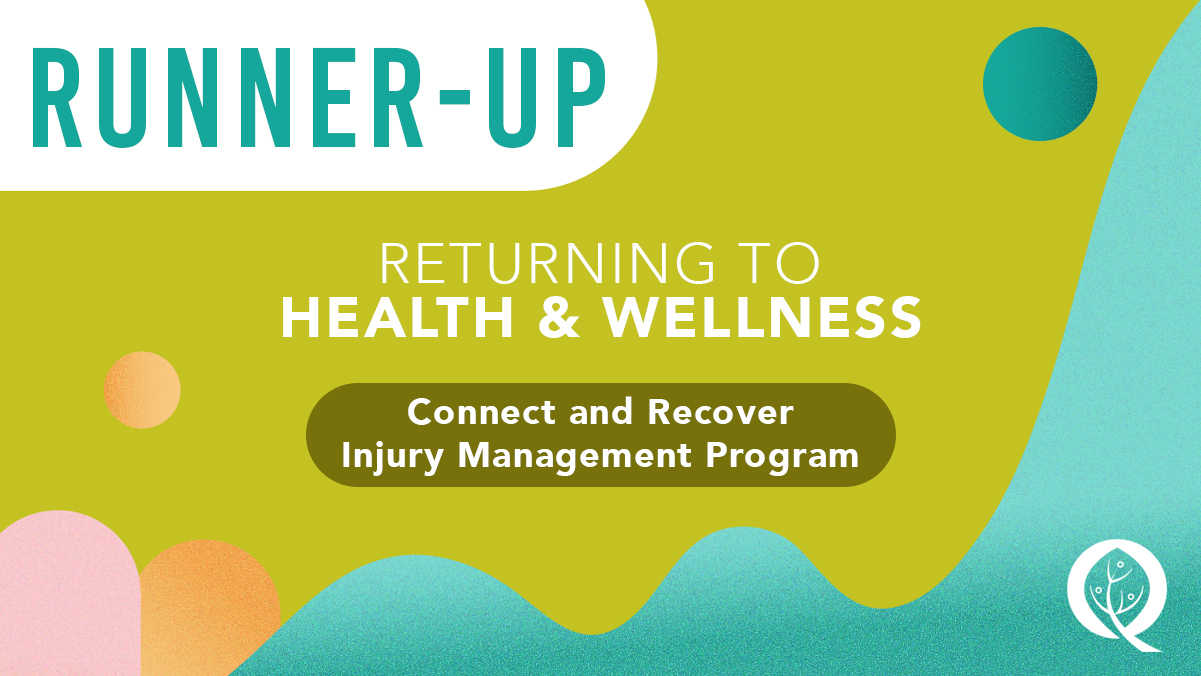- 2023
|
- Runner-Up
|
- Returning to Health & Wellness
BC’s paramedics are often the first touchpoint for ill or injured patients. In addition to a caring nature and clinical expertise, they must be physically and mentally strong to be able to do their jobs successfully.
Sometimes, that physical and mental strength is tested, resulting in their own illness or workplace injury. In the past, paramedics needing time off work for recovery followed a compensation process outlined by WorkSafeBC. But BC Emergency Health Services (BCEHS) found this wasn’t working well for employees due to waiting periods for claim decisions and treatments, during which they self-managed their healing while off work. The result was a delay in overall recovery and return to work.
So BCEHS took a different approach, empowering paramedics to determine what they need for their best and fastest recovery. The result is called Connect and Recover (CAR), and it’s an injury management program that has seen paramedics returning more quickly to providing the best emergency care for people in BC.
“Honouring a person’s choices, needs and values is critical when staff are injured, both physically and emotionally,” says Christopher Buchner, manager of Connect and Recover. “This program places the injured staff member at the centre of all decision making and ensures their individual needs are met.”
A BC Emergency Health Services review determined that approximately 60% of injuries sustained were soft tissue strains and sprains, resulting in an average time-loss of 30-45 days.
However, because everyone recovers differently from injury, BCEHS recognized that CAR could not be a one-size-fits-all program – a tailored plan for each staff member was essential to success.
CAR strategies include developing a modified work plan, providing early injury identification by a developed in-house First Aid program, providing early access to physiotherapy treatment from partnered practitioners, and safe, active recovery – all while building a connection with employees and keeping them engaged with the workplace.
BCEHS started with trial in 2019 of one station – about 140 staff – and one physiotherapy partner. After seeing initial success, they expanded CAR in 2021 to the Greater Vancouver region, which included 50 stations and 1,900 staff, and added another nine practitioner clinics. They did this while also collaborating with CUPE 873 and WorkSafeBC to develop an engaging and effective injury management program based on injury management best practice.
While CAR was initially focused on musculoskeletal injuries, Christopher says they hope to evolve it to also manage physiological injuries within the field. The results show it’s worth the exploration – paramedics are returning to full duties in about half the time under CAR than previously. There are measurable improvements in employee time-loss and workplace claims costs, and secondary benefits of building further resilience in the paramedic community, establishing better reciprocal trust and appreciation between employee and employer, and reducing workload for, and re-focusing, departments previously ill-equipped to facilitate and support the requirements for injured employees.
“Paramedics are finding CAR supportive and efficient, and they are telling us they have improved resilience,” Christopher says. “Overall, the program is about avoiding harm, fostering security and building a culture of staff safety.”


